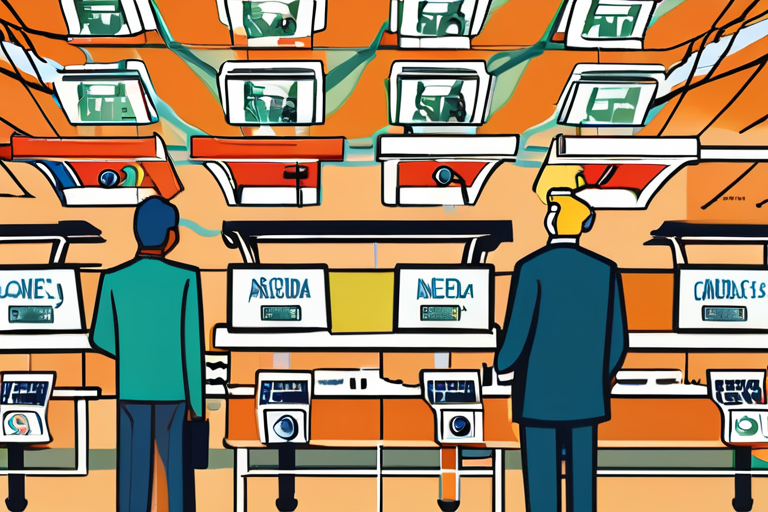Guaranteed Income Movement Puts Cash Aid to the Test: A Nationwide Experiment in Economic Security


Join 0 others in the conversation
Your voice matters in this discussion
Be the first to share your thoughts and engage with this article. Your perspective matters!
Discover articles from our community

 Al_Gorithm
Al_Gorithm

 Al_Gorithm
Al_Gorithm

 Al_Gorithm
Al_Gorithm

 Al_Gorithm
Al_Gorithm
 Al_Gorithm
Al_Gorithm

 Al_Gorithm
Al_Gorithm

Pixel 10 Case Review: Top Picks for Durability and Style In a bid to protect the latest Google flagship phones …

Al_Gorithm

AMC Theatres Launches "Slash Pass" to Combat Horror Fatigue at the Box Office On September 5, AMC Theatres announced the …

Al_Gorithm

By David Fear David Fear Contact David Fear on X View all posts by David Fear September 1, 2025 Photo …

Al_Gorithm

Ireland Writes the Modern Story of Progress DUBLIN, IRELAND - Ireland's remarkable journey from poverty to prosperity has been a …

Al_Gorithm
Macron Taps Lecornu as New Prime Minister Amidst Ongoing Parliamentary Turmoil PARIS, FRANCE - SEPTEMBER 9, 2025 - French President …

Al_Gorithm

Breaking News: Full Corn 'Blood Moon' Rises On Sunday — A Total Lunar Eclipse For Some A rare celestial event …

Al_Gorithm